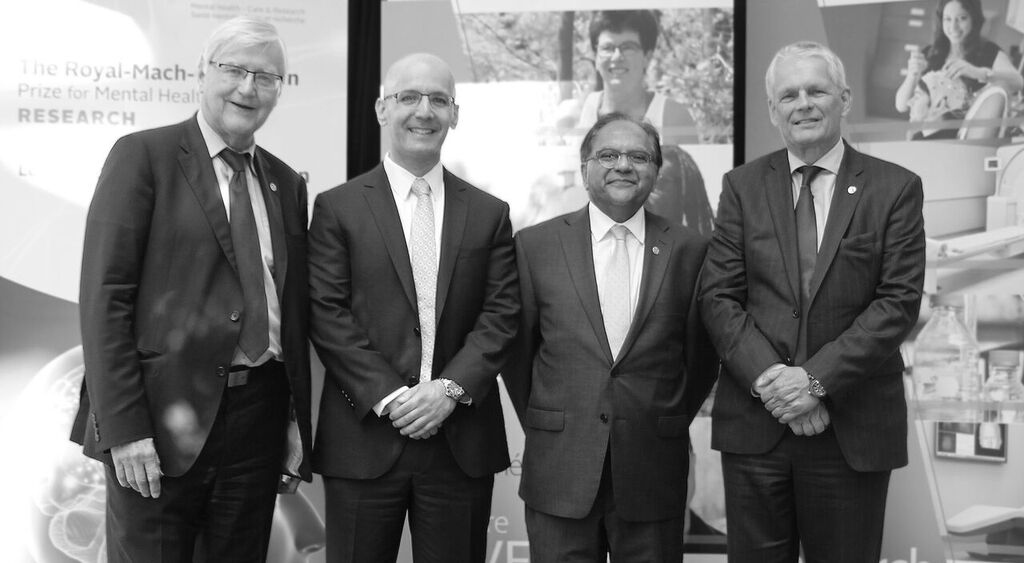
Studies suggest link between bipolar disorder and heart issues
By Jake Wray, News Editor
Dr. Benjamin Goldstein, a researcher at Sunnybrook Health Sciences Centre in Toronto, has been awarded $100,000 to continue his research.
Goldstein is the 2017 recipient of the Royal-Mach-Gaensslen Prize for Mental Health Research, an annual award given to Canadian mental health researchers by the Mach-Gaensslen Foundation of Canada, a medical grant organization, and The Royal, a mental health advocacy and research organization affiliated with the University of Ottawa.
Studies led by Goldstein have shown that teenagers with bipolar disorder face higher risk of cardiovascular disease, according to a press release issued by The Royal. Goldstein’s research shows that bipolar teenagers have a much higher risk of engaging of behaviour that increases their risk of heart disease, such as leading a sedentary lifestyle or being obese. Additionally, risks like sedentary lifestyle and obesity are thought to exacerbate bipolar disorder.
“My hope is to get to adolescents early. We want to reduce the number of poor outcomes,” Goldstein said in the press release. “One thing that particularly drew me to the treatment of bipolar disorder is there is the capability to lead a totally fulsome life if symptoms are properly controlled.”
Goldstein is now studying whether there are any biological connections between brain conditions and heart conditions, according to the release. It’s possible, the release said, that the research could prove some treatments for heart conditions may also be effective for treating bipolar disorder.
“The world has moved from the belief that mental illness is all in your mind to recognizing it is in your brain. We’re taking it a step further and saying that mental illness could be a multi-system disease that affects both brain and body,” Goldstein said in the release, adding that there should be more attention devoted to teenagers’ cardiovascular health. “Not only would that be in service of their long-term physical health, but also in service of their current emotional and cognitive health.”
Goldstein said in the release that he hopes to combat stigma against mental illness by studying underlying biology.
“We want to find evidence that proves it’s not all in your head,” he said.
Chris Carruthers, chair of the Mach-Gaensslen Foundation of Canada, said in the release that Goldstein’s work is special.
“Dr. Goldstein’s unique approach could have a huge impact on research and clinical care for many people suffering from bipolar disorder, in Canada and around the world,” he said.
